Research increasingly shows that environmental toxins, particularly those found in animal-based food products, can accumulate at higher levels as they move up the food chain. These toxins are not just harmful in the short term; they have the potential to affect the immune systems of multiple generations, making future offspring more vulnerable to viral infections. The research, initially focused on mice, raises alarming questions about the long-term impact these toxins could have on human health, including susceptibility to viruses like influenza and, potentially, coronaviruses.
Toxins and Their Multi-Generational Effects
A study published in October last year revealed that environmental toxins such as dioxins and polychlorinated biphenyls (PCBs) — common by-products of industrial production and waste incineration — were found to affect the immune system across several generations of mice. Dioxins, which accumulate in animal-based food products like meat, dairy, and eggs, have been shown to weaken immune responses when consumed at certain levels.
Dr. Paige Lawrence, Ph.D., who led the study, explains:
“The old adage ‘you are what you eat’ is a touchstone for many aspects of human health. But in terms of the body’s ability to fight off infections, this study suggests that, to a certain extent, you may also be what your great-grandmother ate.”
This finding highlights how the food choices made by one generation can have long-lasting effects on the health of subsequent generations. In the experiment, pregnant mice were exposed to low, but environmentally relevant, levels of dioxins. When their offspring were later infected with the influenza A virus, the researchers observed a weakened immune response, particularly in the cytotoxic T cells. These cells play a critical role in defending the body against foreign pathogens such as viruses and bacteria, as well as in targeting cells with cancerous mutations.
The most concerning discovery was that the immune system impairment was not limited to the directly exposed mice; it persisted for several generations. Even the great-grandchildren of the original mice exhibited weakened immune responses, with female mice showing an even more pronounced effect.
The Human Implication: Food, Toxins, and Immunity
While this study was conducted on mice, it raises significant concerns for humans. Environmental toxins are pervasive, and many of them — like dioxins and PCBs — bioaccumulate, meaning they build up in concentration as they move through the food chain. By the time these toxins reach us, particularly through animal-based food products, they are often at their most potent levels.
It’s long been understood that the quality of the food we consume impacts our overall health. However, the idea that the toxins in our food could weaken our immune systems and potentially affect future generations is alarming. The immune system, a marvel of biological evolution, is designed to combat foreign invaders and eliminate harmful toxins through mechanisms involving the liver, lymphatic system, and kidneys. Yet, the incremental and daily consumption of toxins in modern diets could be overwhelming this finely tuned system.
While it’s clear that our bodies have systems in place to deal with toxins, the long-term weakening of our immune systems — and that of future generations — is a consequence we may not have anticipated. This research suggests that the impact of today’s dietary choices may not just affect us, but our grandchildren and even great-grandchildren.
Proactive Solutions: Reducing Toxin Intake
The good news is that there are ways to mitigate these risks by reducing the level of toxins we ingest daily. One option is incorporating products into your routine that help cleanse your body of harmful substances without depleting essential nutrients.
At Not the Norm, we offer a product designed to do just that: Non-Activated Hardwood Charcoal. This is a gentle, daily-use charcoal supplement that helps reduce the toxins adsorbed from food and drink. Unlike activated charcoal, which can adsorb both toxins and beneficial nutrients, our non-activated charcoal is specially potentised to be selective. It only binds to harmful toxins in your digestive tract, leaving essential vitamins and minerals untouched.
Many of our customers have found that our charcoal product has helped them manage digestive issues, but there may be an additional benefit: by helping to limit toxin intake, it could also help support a healthy immune system for future generations.
Why Choose Non-Activated Charcoal?
Non-activated charcoal is different from medicinal or activated charcoal, which is often used in emergency settings for poisoning or drug overdoses. Activated charcoal is highly adsorbent, but it can also bind to nutrients, leading to deficiencies if used over time. Our non-activated hardwood charcoal offers a gentler alternative, ideal for everyday use. It's a great option for those looking to minimise the gradual build-up of environmental toxins in their systems without risking nutrient absorption.
Looking Ahead: Protecting Future Generations
As this research suggests, the toxins we consume today can have lasting effects, weakening not only our immune systems but also those of future generations. While we can’t control all the environmental pollutants around us, we can take proactive steps to reduce our exposure to them, especially through our diets. Choosing products like Pure, Non-Activated Hardwood Charcoal is one simple way to support your body's detoxification processes while maintaining the essential nutrients your body needs to thrive.
In a world where toxins are increasingly prevalent, taking steps to protect your health — and that of future generations — is more important than ever.
Further reading


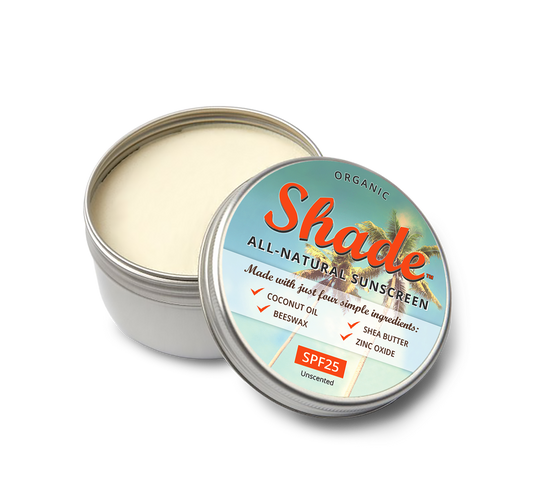



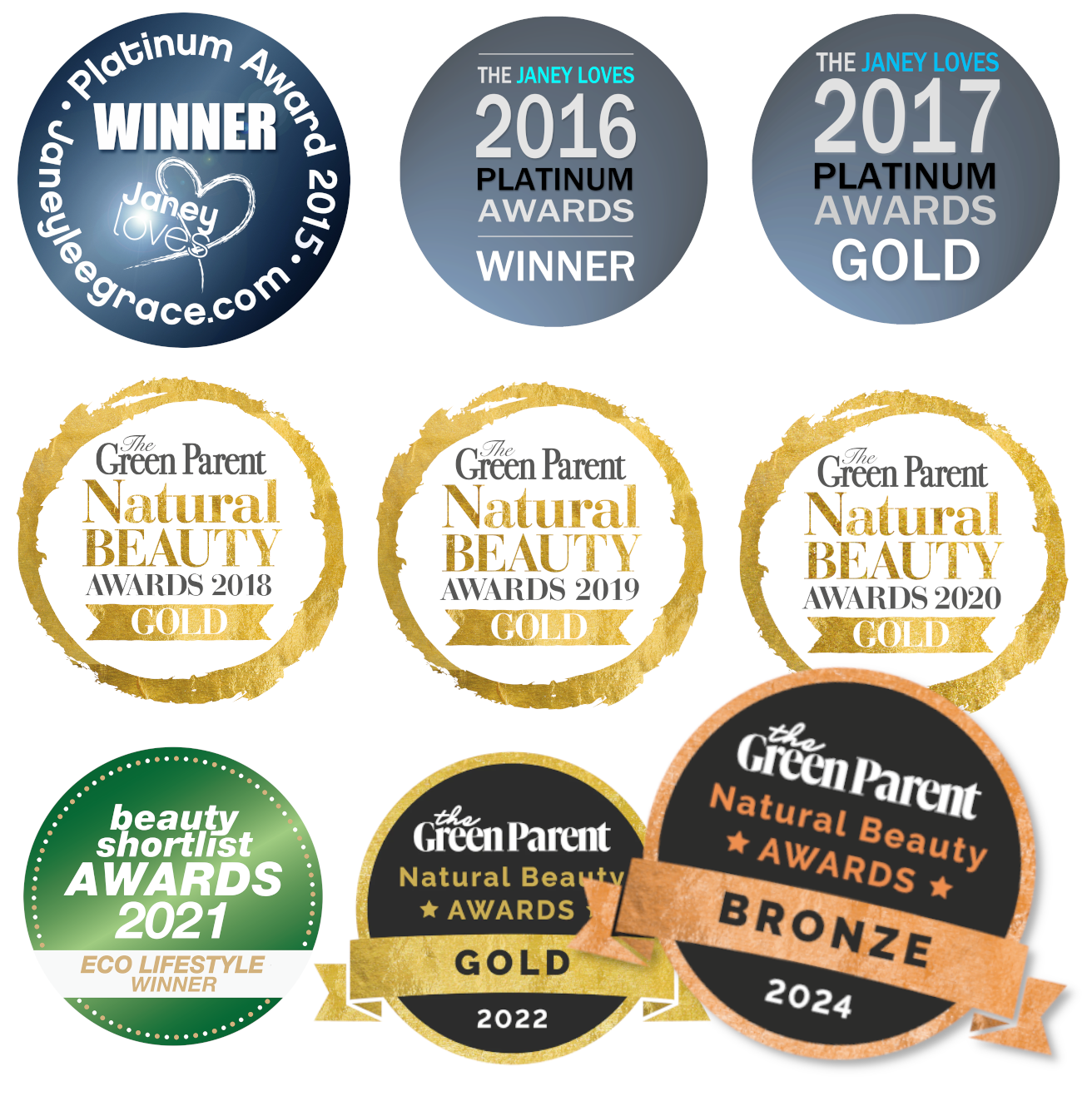
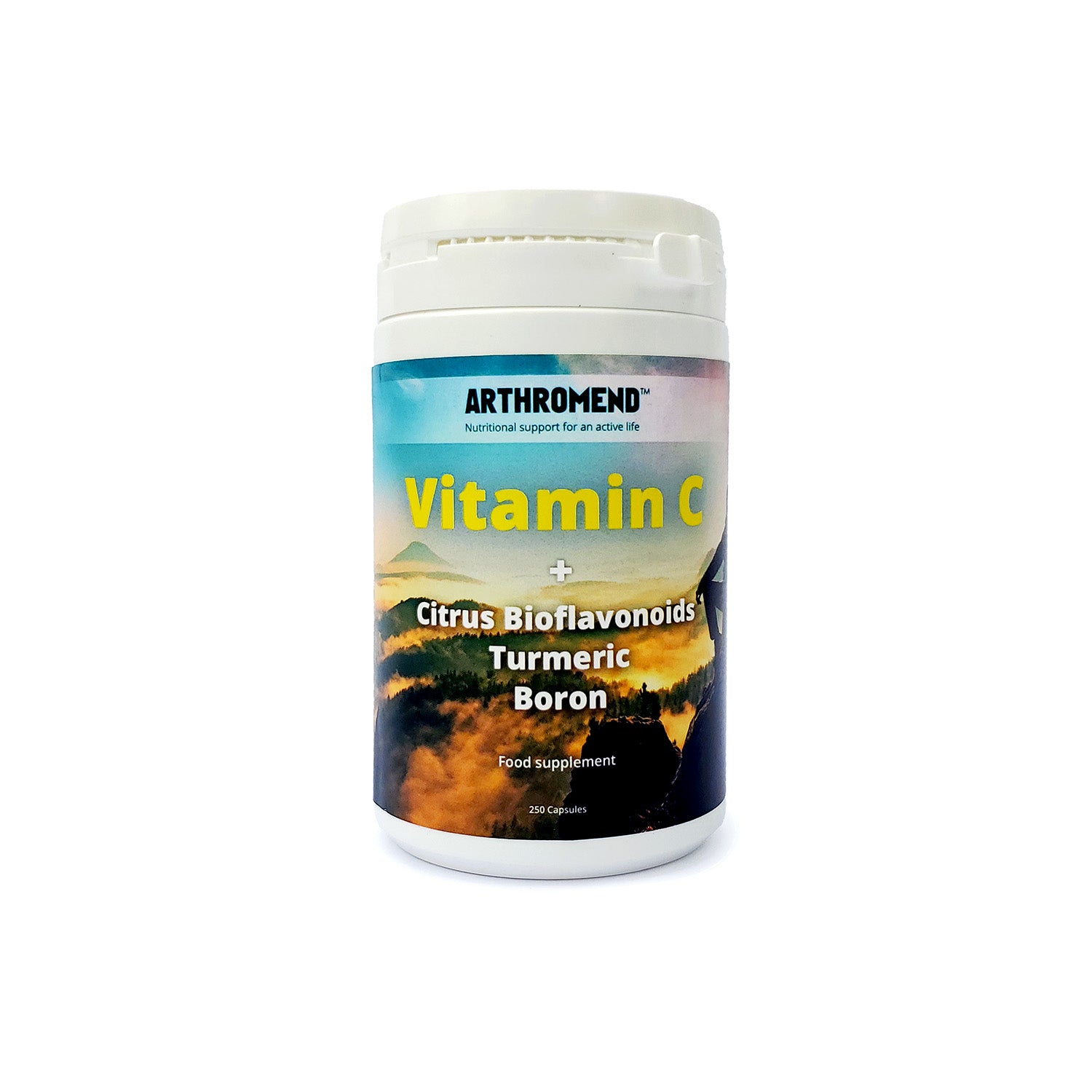
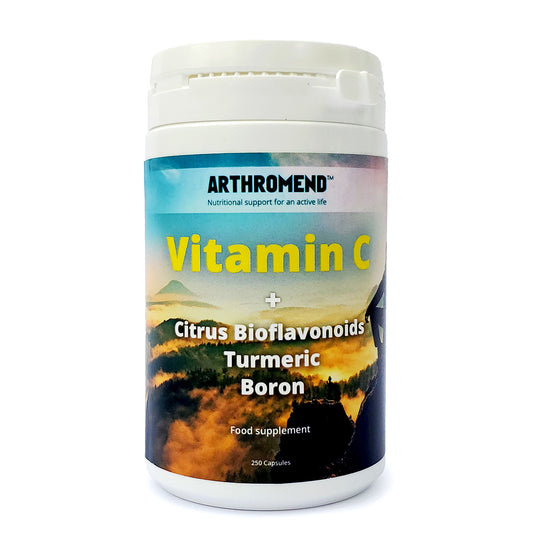
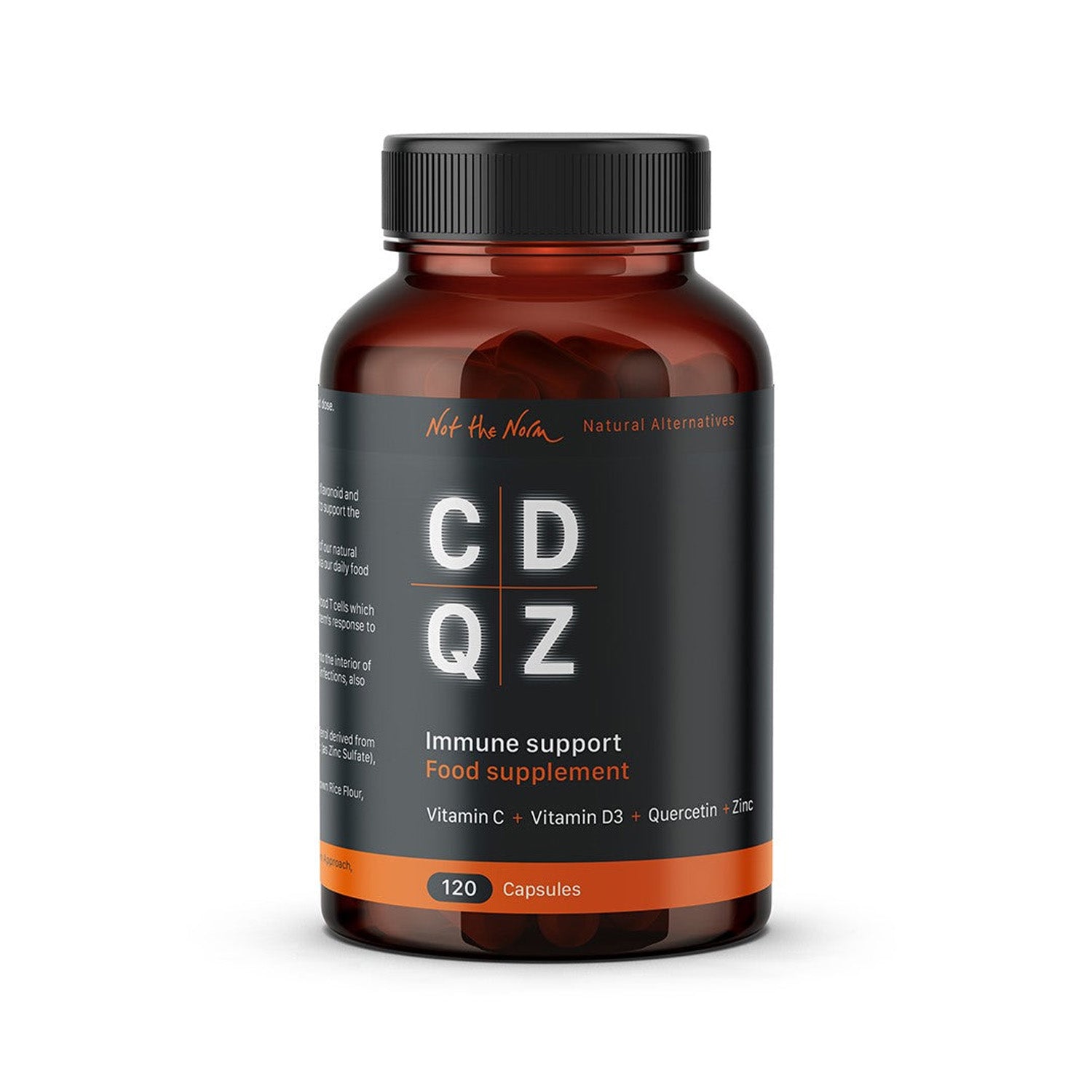
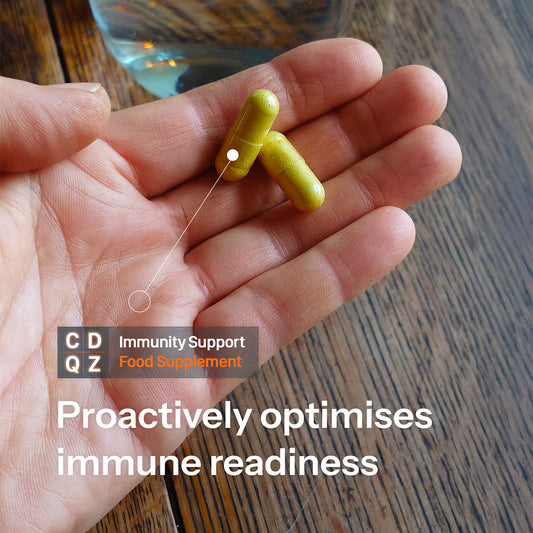
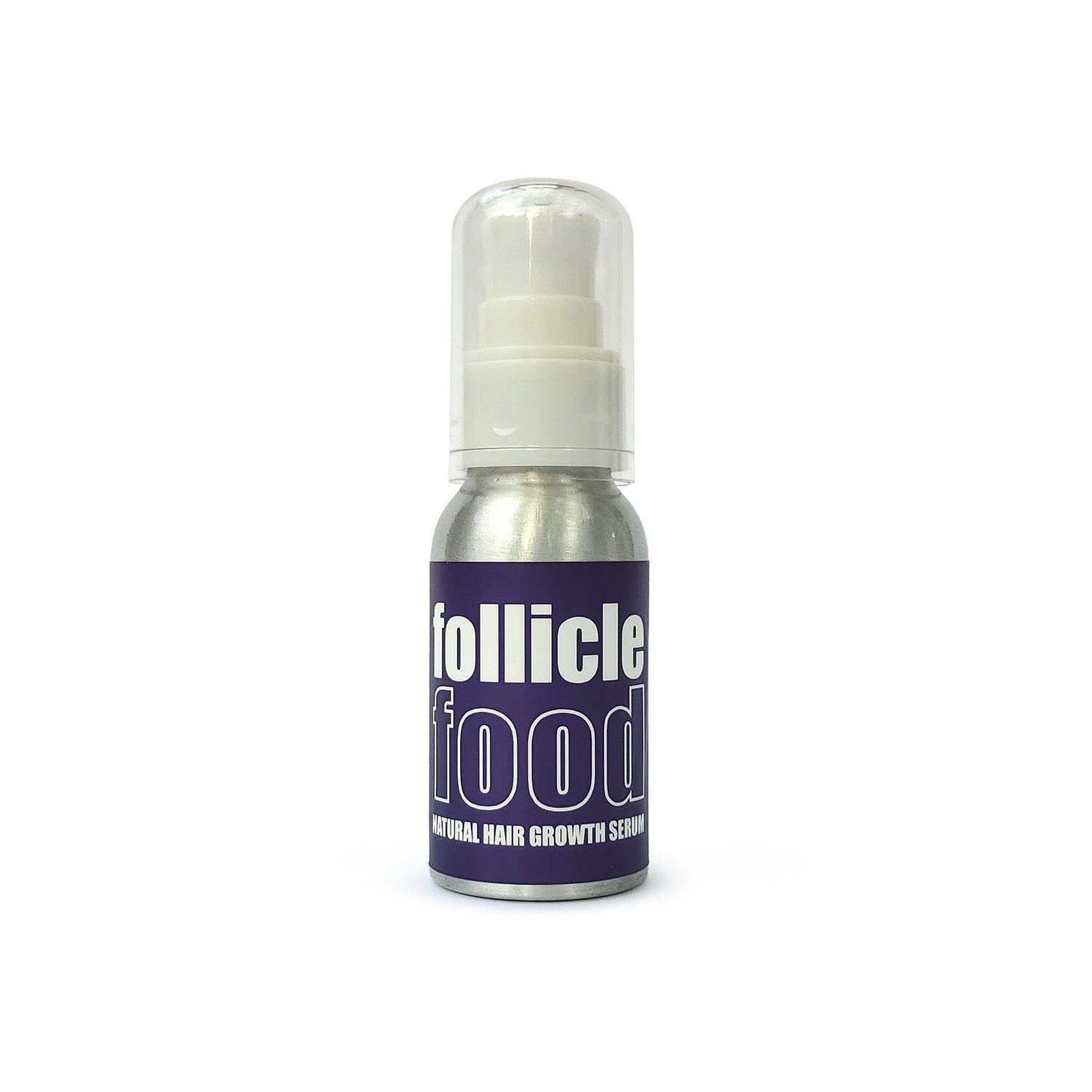
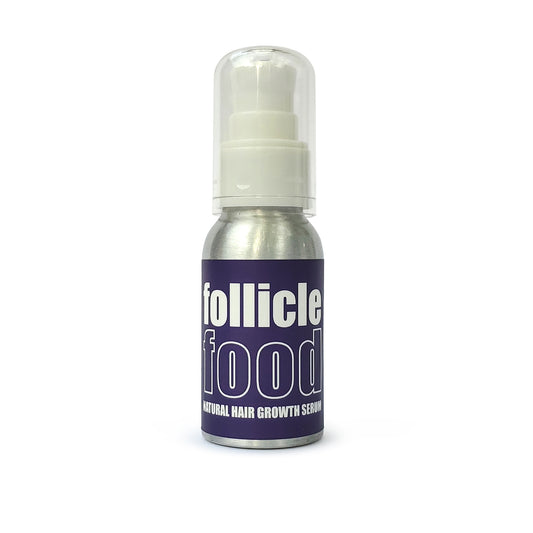
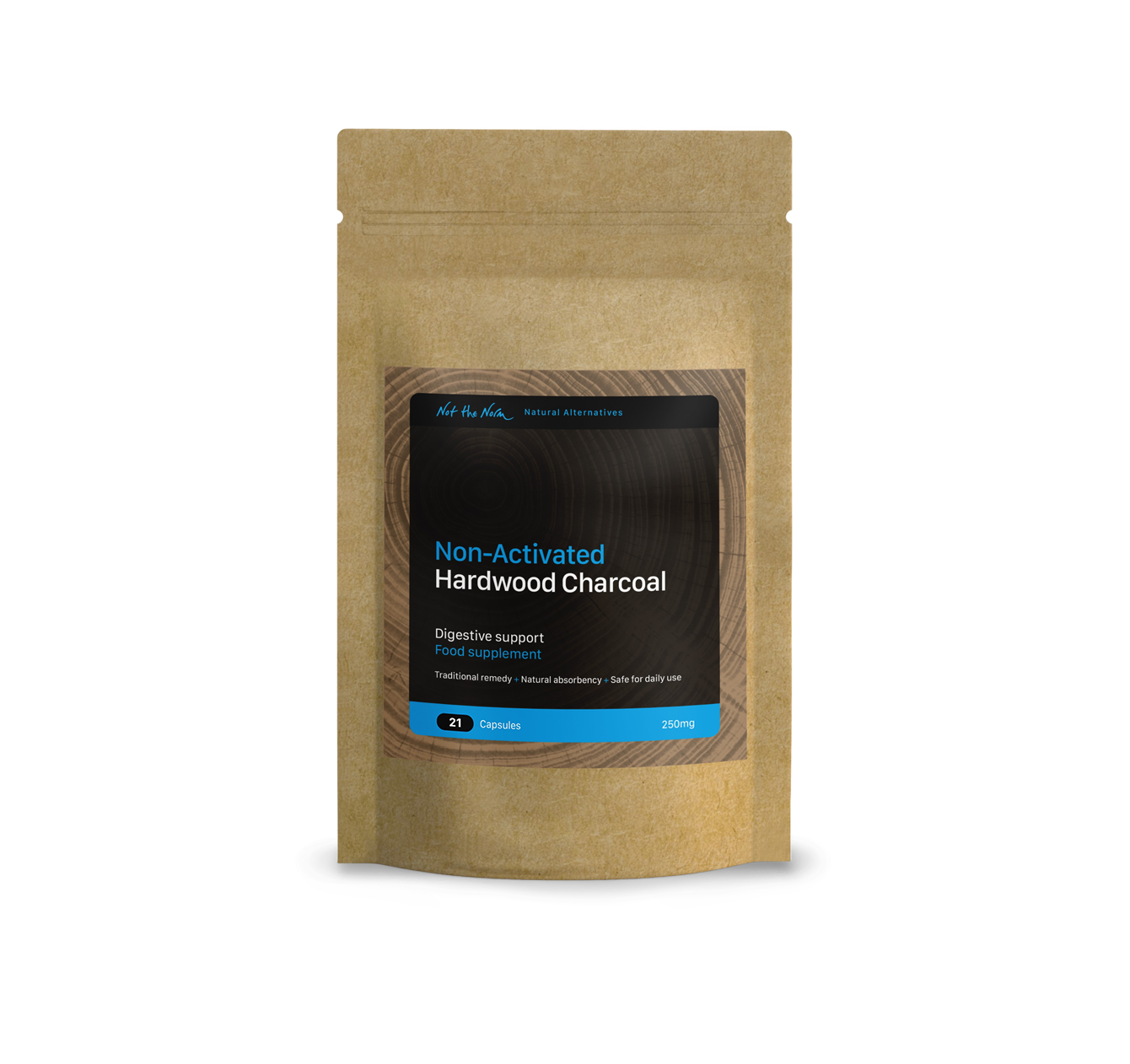
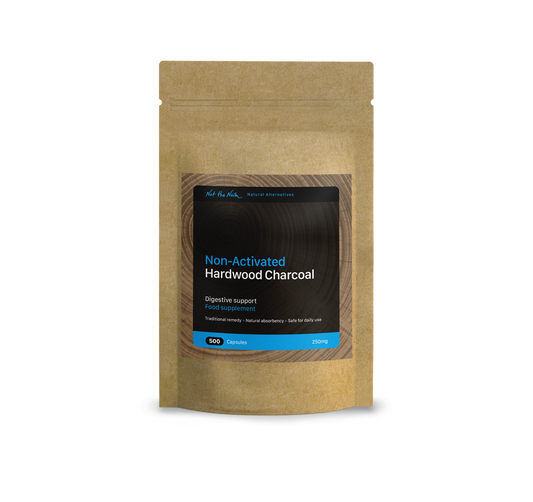
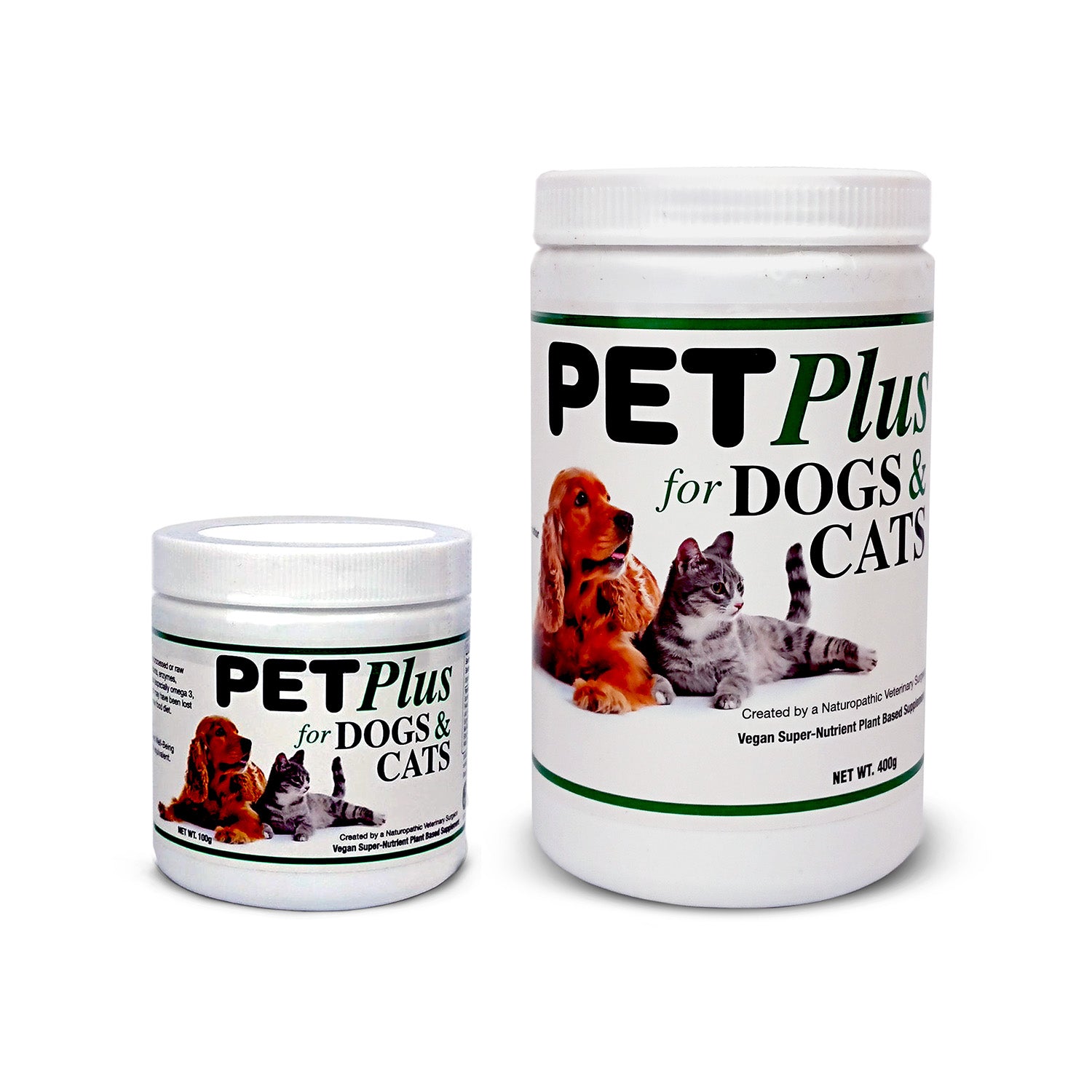


1 comment
The article the impact of environmental toxins on the immune system is very informative. It would be nice to delve into the subject a bit more with more references. Nevertheless, the article is interesting.